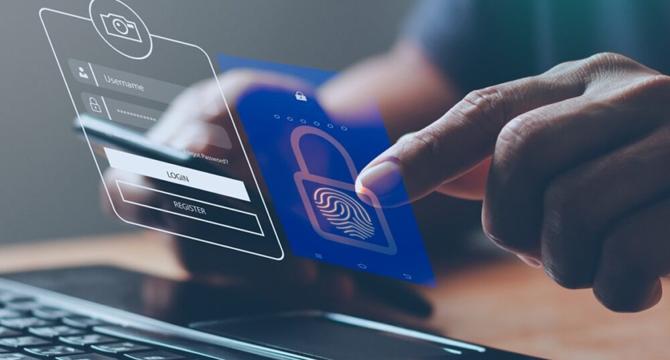TechBullion
1M
382

Image Credit: TechBullion
The Future of Biometric Verification in Digital Identity: Revolutionizing Security in the Modern World
- Biometric verification is a catalyst in identity identification in the era of digital innovations by examining an individual's distinct biological characteristics like speech patterns, fingerprints, or facial recognition.
- Passwords and PINs aren't enough to stop cyber dangers. Biometric authentication is set to become the norm for digital security as it overcomes the shortcomings of legacy systems like physical documents, weak security questions, and passwords fatigue.
- Biometric identifiers provide enhanced security because of intrinsically uniqueness of biometric data to each individual, providing an additional degree of protection that passwords cannot match.
- Biometric data can be stored safely to prevent privacy violations. Businesses need to put privacy, security, and equity first to gain the public's trust.
- Industries like banking, e-commerce, healthcare, and government are adopting biometric verification for authentication to protect personal data and improve user experiences.
- Biometric technology offers a seamless experience to validate users without the need to remember multiple login credentials, making it convenient and fast.
- Cybercrime prevention is a high priority for governments and corporations, and biometric authentication can greatly help prevent identity theft and minimize fraud.
- Facial recognition has come under fire for its poorer accuracy when used to particular sexes and races, underscoring the need for systems that are accurate for all users.
- As AI and machine learning develop further, biometrics will become more precise, widely available, and adaptable, creating new opportunities for safe identity verification in all spheres of life.
- Biometrics will probably become a commonplace aspect of safe online interactions as they are incorporated into everyday applications such as online banking, healthcare portals, and customer service centers.
Read Full Article
23 Likes
For uninterrupted reading, download the app